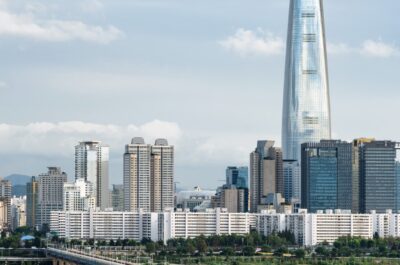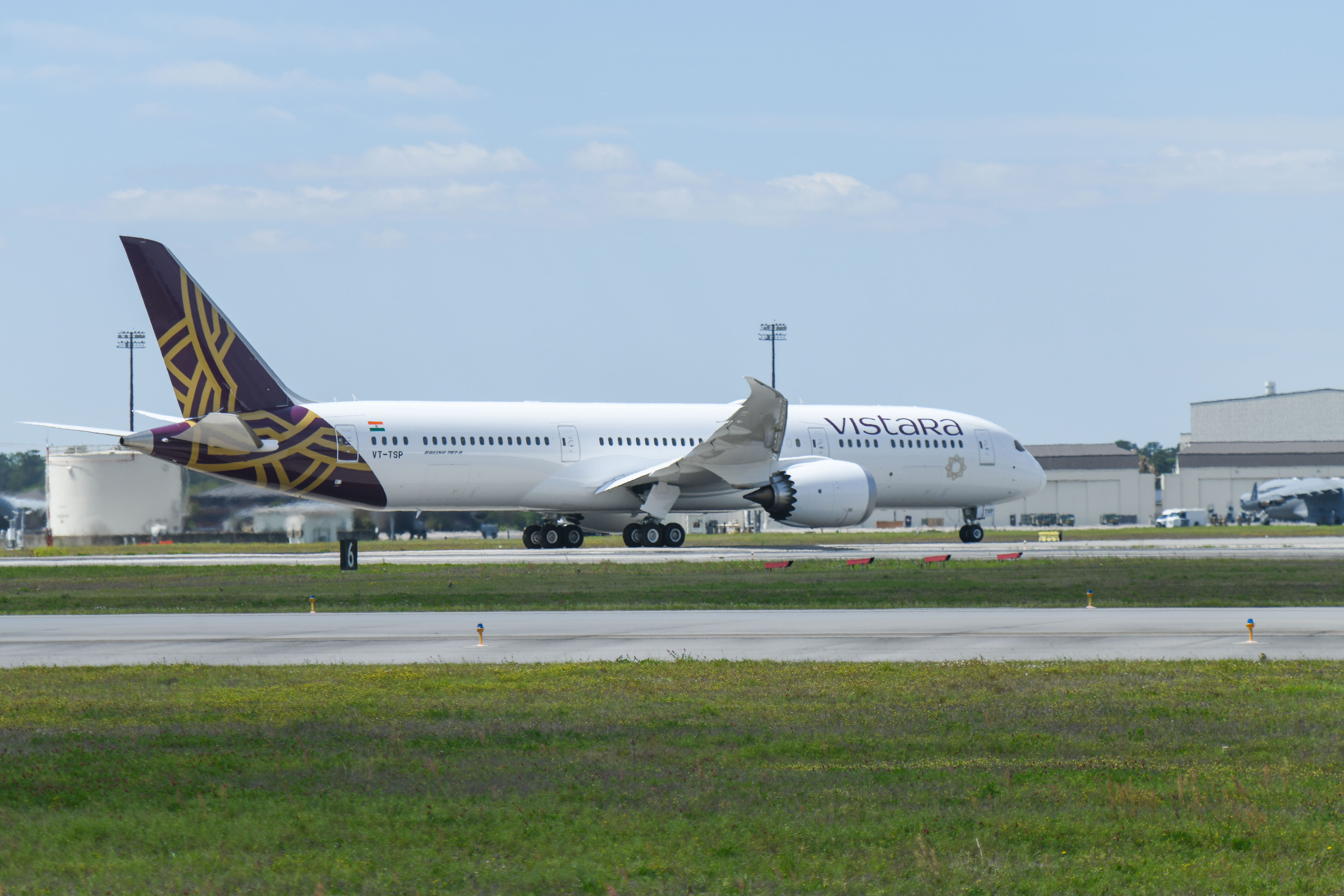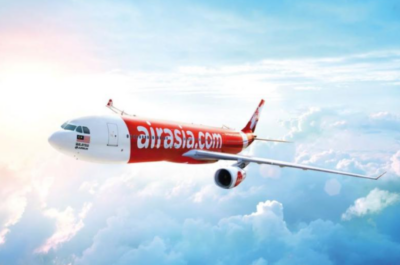War rhetoric agitates once more North Korea which declared last week to be from now in a “State of War” with the South. While the USA declared to take seriously the threat against its South Korean ally, how must travellers react?
SEOUL- For most Koreans, it has almost been like routine over the last sixty years. The Southern part of the Korean Peninsula has been used to live with regular -threats of war and attacks from its Northern part- a last bastion of true Stalinism and an almost completely isolated country.
However, bellicose speeches have turned into a permanent feature of North Korea since its new leader Kim Jong-un took over the power last year from his father. The Kim dynasty has been running the destiny of the Democratic People’s Republic of Korea (the official name of North Korea) since 1953. Since being head of the State, the western-educated leader has made frequent visits to military bases, ordering drills and processed with three tests of nuclear missiles –the first essay however failing.
The arrival of Kim Jong-un has been also marked by a severing of relations between the North and the South. The inter-Korean military hotline has been cut while Pyongyang announced last week to be now in a “State of War” with the South. “From this moment, the North-South relations will be put at the state of war and all the issues arousing between the North and the South will be dealt with according to the wartime regulations. The DPRK will immediately punish any slightest provocation hurting its dignity and sovereignty with resolute and merciless physical actions without any prior notice,” indicated the Korean Central News Agency (KCNA), the official news organ of the North.
The regime threatened to use nuclear weapons against South Korea and the United States and diffused propaganda images about training North Korean Army forces.
The main question is whether and when North Korea would launch attacks on South Korea and –as propaganda also stated- on the United States. In 2010, the North torpedoed a South Korean naval ship and carried out an artillery attack on a border island, killing 50 South Korean soldiers and civilians.
Until now, military rhetoric has been mostly used as a way to obtain concessions from the South, mostly in the economic and financial field. North Korea war’s threat comes at a time of many changes in political circles: Kim Jong-un has only been in power for approximately a year time and he still has to show his strong stance to his own people; South Korea just elected a new President, Park Geun-hye; recent military maneuvers were conducted involving the USA and South Korea.
Last but not least, both Koreas will commemorate this year the sixtieth anniversary of the end of the Korean War which divided the Peninsula into the two countries the world knows today. It is to remember that a peace agreement has never been signed between both countries. Technically, both countries are still at war since that date!
To the ones not familiar with inter-Korean political theatrics, it seems that the Korean Peninsula is on the brink of a new war. However, Korean experts in inter-Korean relations have a far more balanced view. They all believe that a full-fledged war is unlikely. But they do not exclude the possibility of a limited-scale attack, possibly in the five islands in the West Sea.
“There is no chance for the two Koreas to go to war against each other. As Kim Jong-un is smart enough to calculate pros and cons, a full-fledged war is unlikely,” said Chang Yong-seok, a senior researcher at the Institute for Peace and Unification Studies at Seoul National University to the newspaper Korea Times.
So far, travellers are safe to travel to South Korea and no one should change plans to visit any destination to the country. Best proof is the website of the US Bureau of Consular Affairs of the US Department of State: recent travel warnings issued in March are concerning Egypt, Kenya, Mali, South Sudan and… North Korea. But the latter only replaced a previous one from 2012.
Luc Citrinot a French national is a freelance journalist and consultant in tourism and air transport with over 20 years experience. Based in Paris and Bangkok, he works for various travel and air transport trade publications in Europe and Asia.



























































































